Our oceans, vast and mysterious, serve as the lifeblood of our planet. They regulate the climate, provide food, and support countless ecosystems teeming with life. However, beneath the waves, a silent crisis is unfolding—overfishing is threatening these vital ecosystems and the myriad life forms that depend on them. This article explores the perils of overfishing, its consequences, and the urgent actions needed to protect our oceans and ensure their sustainability for future generations.
Understanding Overfishing

Overfishing occurs when fish and other marine species are caught at a rate faster than they can reproduce, leading to the depletion of fish stocks. For decades, advances in fishing technology, coupled with high demand, have facilitated massive fish hauls, jeopardizing the natural balance of marine ecosystems.
The Scale of the Problem
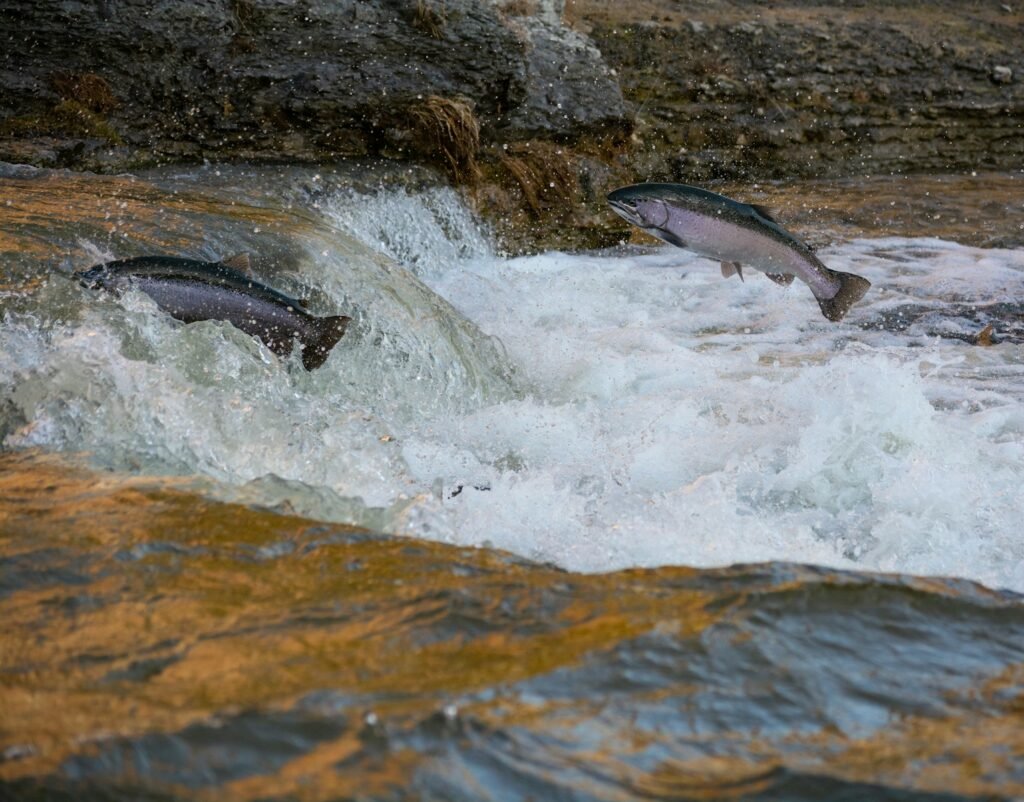
Globally, approximately one-third of fish stocks are being exploited beyond sustainable limits. The Food and Agriculture Organization (FAO) reports that the world’s oceans are being harvested for fish faster than they can replenish themselves, putting many species at risk of collapse.
Impact on Marine Biodiversity

The effects of overfishing ripple through the marine food web, impacting species diversity and ecosystem stability. Predatory fish populations such as tuna and sharks have dwindled, causing disruptive shifts in marine ecosystems, where smaller fish proliferate unchecked, undermining ecological balance.
Economic Implications

The economic ramifications of overfishing are profound. Millions of people worldwide depend on fishing for their livelihoods. The depletion of fish stocks threatens food security and the economic stability of coastal communities reliant on fishing industries, particularly in developing nations.
Destructive Fishing Practices
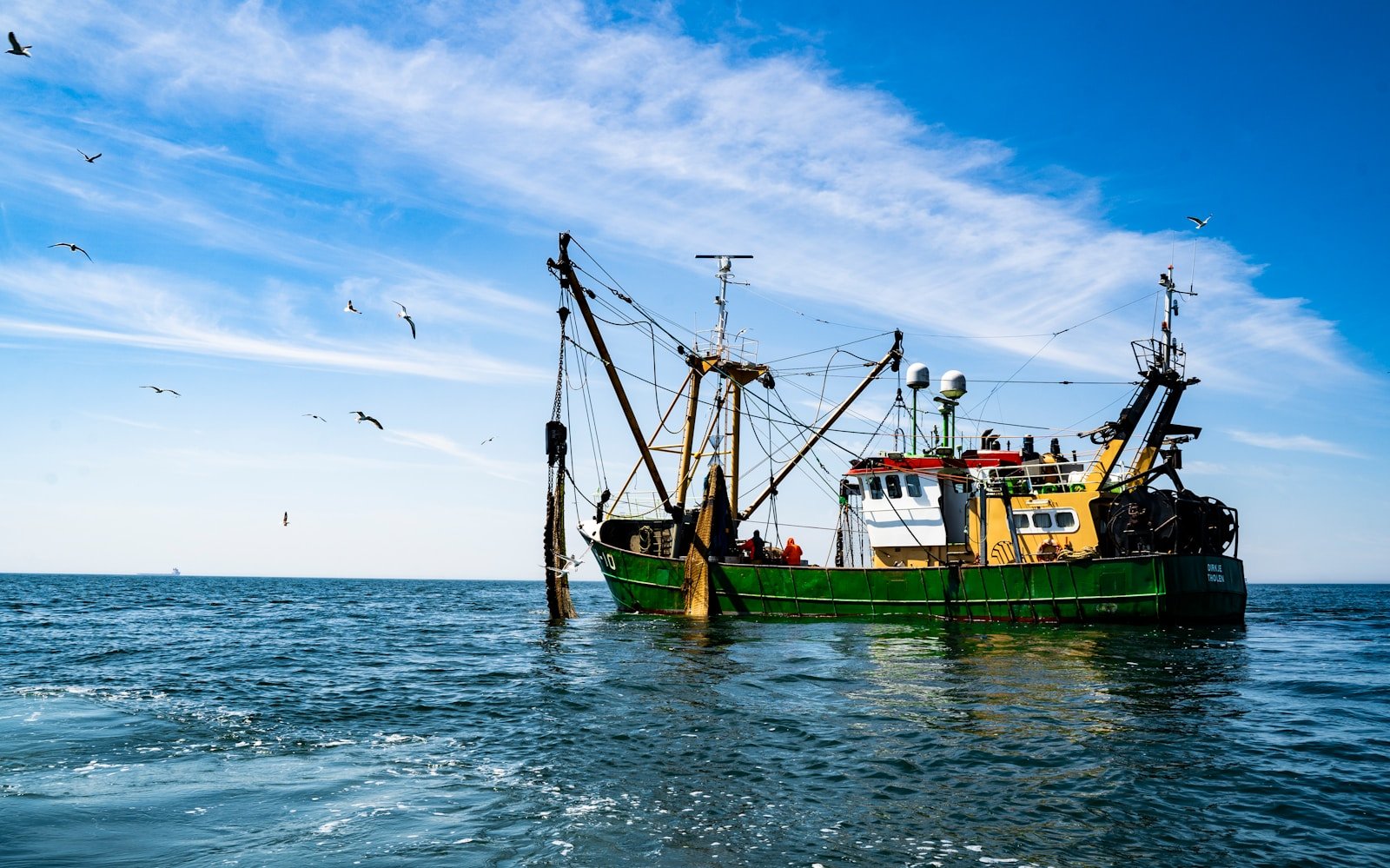
Unsustainable fishing methods, such as bottom trawling and bycatch (the capture of unintended species), further exacerbate the problem. These practices not only decimate target species but also destroy habitats, such as coral reefs, that are essential for sustaining marine life.
The Role of Illegal Fishing

Illegal, unreported, and unregulated (IUU) fishing activities significantly contribute to overfishing. These illegal operations often target vulnerable areas with insufficient regulatory oversight, endangering marine stocks and undermining conservation efforts.
Climate Change Complications

Climate change compounds the challenges posed by overfishing. As ocean temperatures rise and acidity levels increase, fish habitats are altered, creating an additional pressure on already stressed populations, which must adapt or face extinction.
Global Policy and Regulations
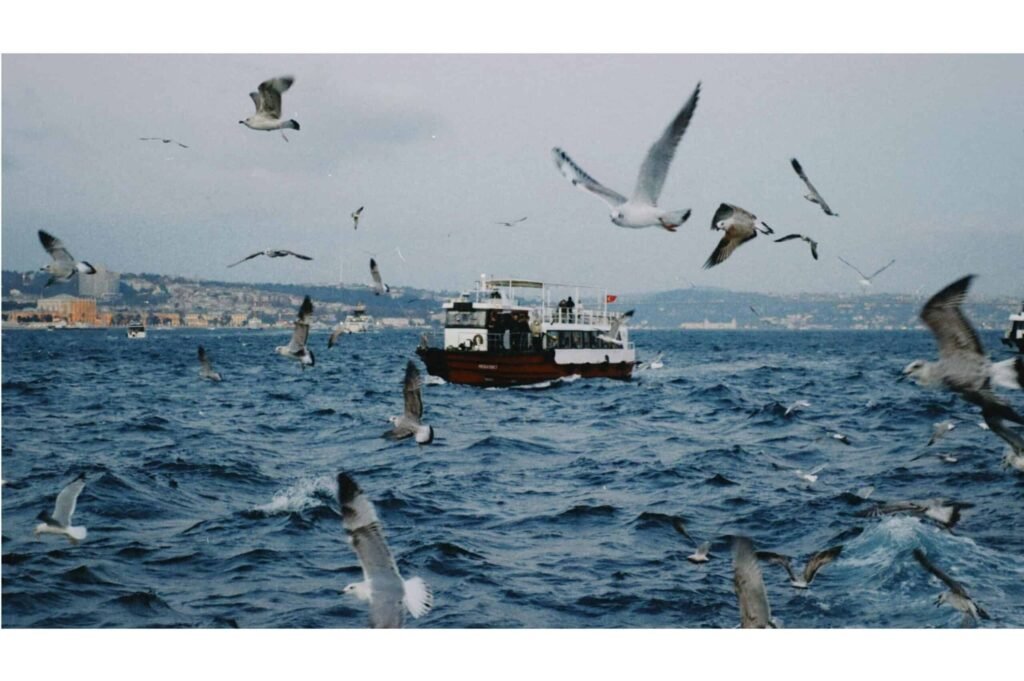
International efforts to manage fish stocks through policies and agreements hold promise, but enforcement remains weak. Strengthening these regulations and ensuring compliance are crucial for effective conservation and the preservation of marine biodiversity.
Consumer Influence and Responsibility
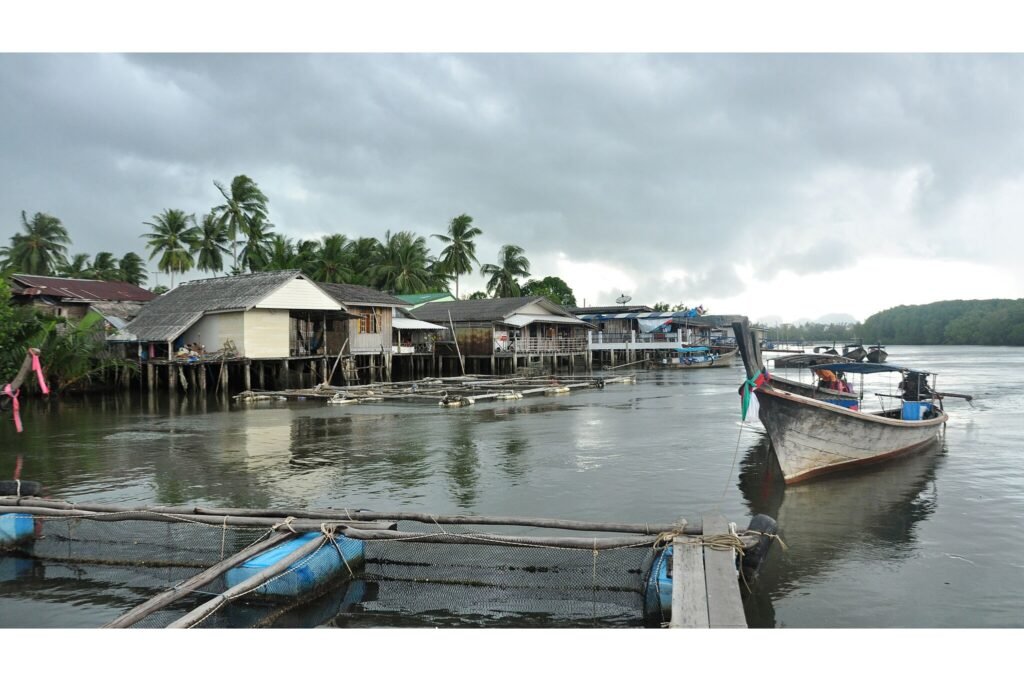
Consumers can play a pivotal role in combating overfishing. By choosing sustainably sourced seafood and supporting certified fisheries, individuals help create demand for responsibly managed fish stocks, encouraging sustainable fishing practices.
Technological Innovations in Fisheries Management

Innovations in technology hold promise for better monitoring and management of fish stocks. Satellite surveillance, electronic monitoring, and data analytics enable more accurate assessments and enforcement, supporting sustainable fisheries.
Marine Protected Areas (MPAs)
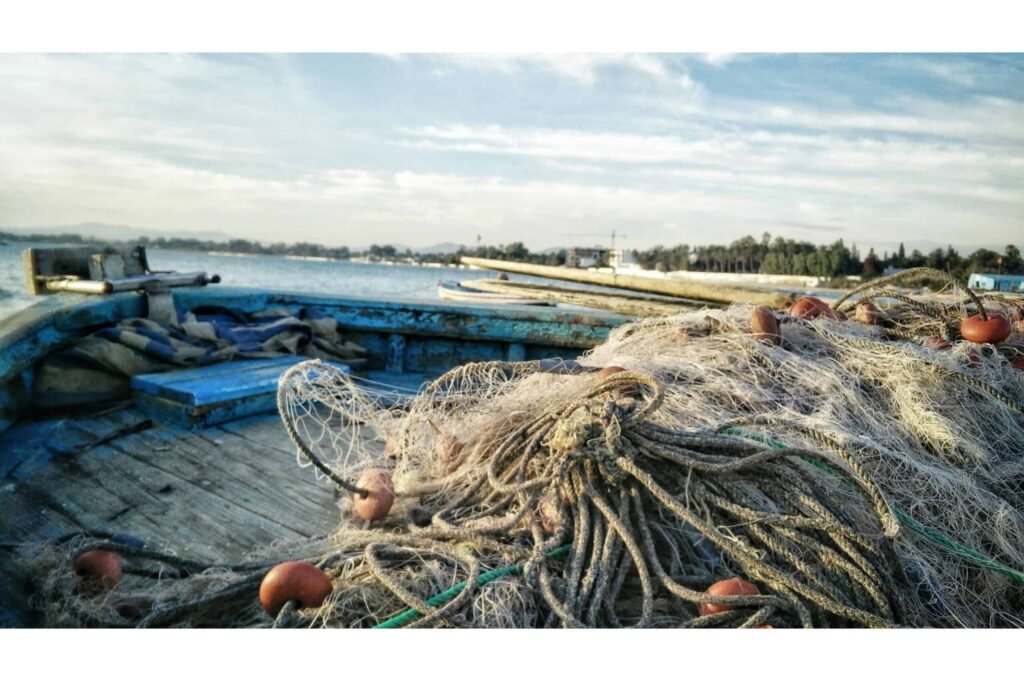
Effective implementation and management of Marine Protected Areas (MPAs) can serve as refuges for marine species, safeguarding biodiversity and enabling ecosystems to recover from overfishing. Expanding and enforcing MPAs are critical steps toward restoring ocean health.
Restoring Ecosystem Balance

Restoring balance in marine ecosystems requires a combination of reducing fishing efforts, protecting habitats, and allowing fish populations to recover. Ecosystem-based management approaches that consider the interconnectedness of species and habitats are essential.
Community-Led Conservation Efforts

Empowering local communities with the knowledge and resources for sustainable practices fosters stewardship of marine environments. Community-led conservation initiatives have demonstrated success in protecting and restoring fish stocks.
Encouraging Sustainable Aquaculture

Sustainable aquaculture, or fish farming, offers a viable solution to mitigate overfishing. Well-managed aquaculture operations can reduce pressure on wild fish stocks and contribute to food security, provided that they adhere to environmental standards.
Educational Initiatives and Awareness

Educational programs aimed at raising awareness about the consequences of overfishing play a crucial role in fostering sustainable consumption behaviors. Understanding the impact of our choices is the first step toward meaningful change.
Innovative Sustainable Seafood Initiatives

Collaborations among scientists, governments, and industry are innovating sustainable seafood initiatives. These efforts focus on reducing bycatch, improving resource management, and promoting ecological certification systems that encourage sustainable fishing practices.
The Importance of Scientific Research

Continued scientific research and monitoring are imperative to understanding the dynamics of fish populations and ecosystems. Reliable data inform sound policy decisions and adaptive management strategies for fisheries conservation.
A Call for Global Cooperation

Tackling the challenge of overfishing requires a unified global response. International cooperation and collaboration among governmental and non-governmental entities are crucial for crafting comprehensive strategies that ensure oceanic health and resilience.
Redefining Economic Priorities

Ultimately, redefining economic priorities to emphasize sustainability will be integral to preserving ocean resources. Valuing long-term environmental health over short-term gains will benefit both marine ecosystems and human communities.
Conclusion

Overfishing poses a dire threat to our oceans, with far-reaching implications for biodiversity, economies, and global food security. Through a combination of sustainable practices, innovative technologies, and international cooperation, we can chart a course toward healthier marine ecosystems. By understanding our collective impact and making informed choices, each of us has the power to contribute to the preservation of our oceans for generations to come.




